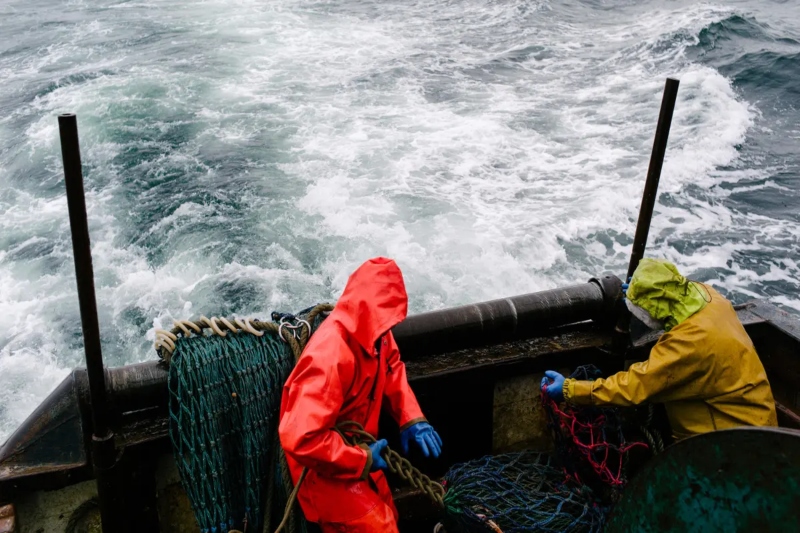
migrant workers share plight on uk fishing boats in a report
 United Kingdom – A report has shed light on the plight of migrant workers while working on UK fishing boats. One third of the workers on British fishing boats who participated in the survey have reported of working for as long as 20 hour shifts, with 35 per cent reporting of having subjected to regular physical violence. The study has concluded that these migrant workers are victims of widespread exploitation and abuse on UK fishing vessels.
United Kingdom – A report has shed light on the plight of migrant workers while working on UK fishing boats. One third of the workers on British fishing boats who participated in the survey have reported of working for as long as 20 hour shifts, with 35 per cent reporting of having subjected to regular physical violence. The study has concluded that these migrant workers are victims of widespread exploitation and abuse on UK fishing vessels.
Can’t ask for help
The researchers of the study, that was conducted by University of Nottingham Rights Lab, were told by one migrant worker, “Leaving is not possible because I’m not allowed off the vessel to ask for help.” This accounts to modern slavery as workers can’t ask for help and have to endure the abuse.
Furthermore, the researchers found that the migrant workers reported to work for long hours with very less breaks and an average wage of £3.51 an hour.
Related Posts
Migrant workers subjected to extreme violence
The migrant workers on fishing vessels across United Kingdom have further reported in the interviews that they have experienced extensive racism and violence on multiple accounts. Two incidents have also been reported of sexually violent acts, the study reported.
Visa loophole
The majority of migrant workers in UK fishing industry are from Philippines, Indonesia, Sri Lanka, India and Ghana. They have been recruited on “transit visas”. According to the report titled “Letting Exploitation Off The Hook”, this is a “loophole that legalizes their exploitation”.
These visas make the workers stuck with a single employer, leaving them dependent on the captains of their vessels on essentials like living and working conditions, and also food.
Dr Jessica Sparks, associate director of the Rights Lab and author of the report, said, “Exploitative practices are widespread and endemic on vessels. Long hours for poor wages are endemic. It is well known that you can pay migrants less.”
Speaking about the workers’ interviews, she said, “There were very traumatic reports of being physically beaten by captains. Most of the migrants reported being discriminated against, especially Ghanaians, [and] racial slurs while being beaten by captains. The amount of physical violence was surprising to me.” With British fishing industry being a big part of the country’s economy and highly dependent on the migrant workers, the practice of racism and exploitation must be tackled for the sake of rights of these workers.
















